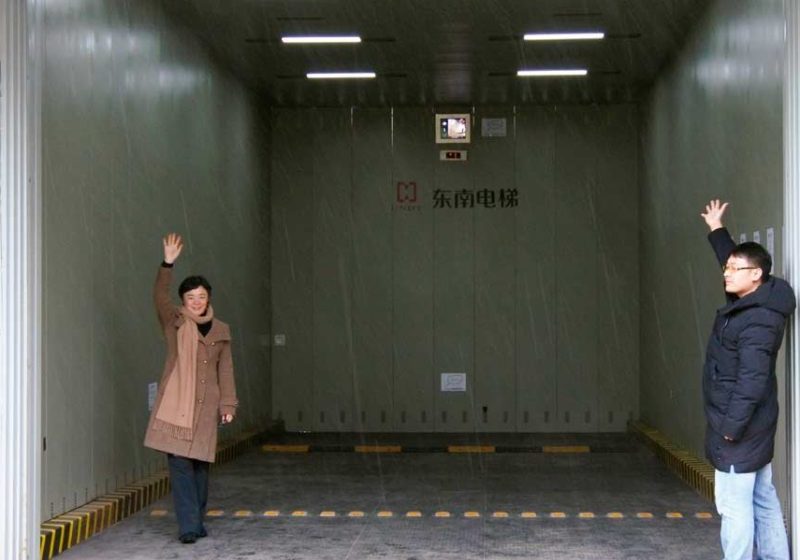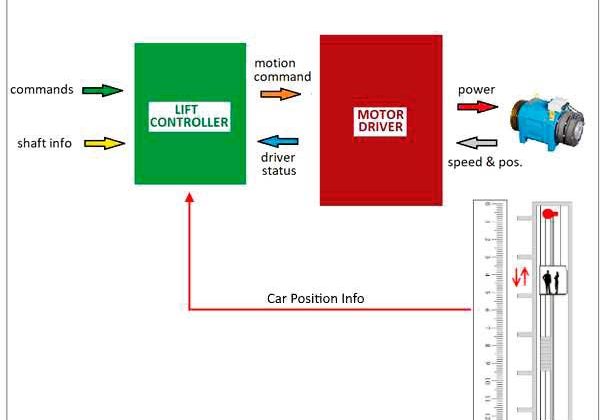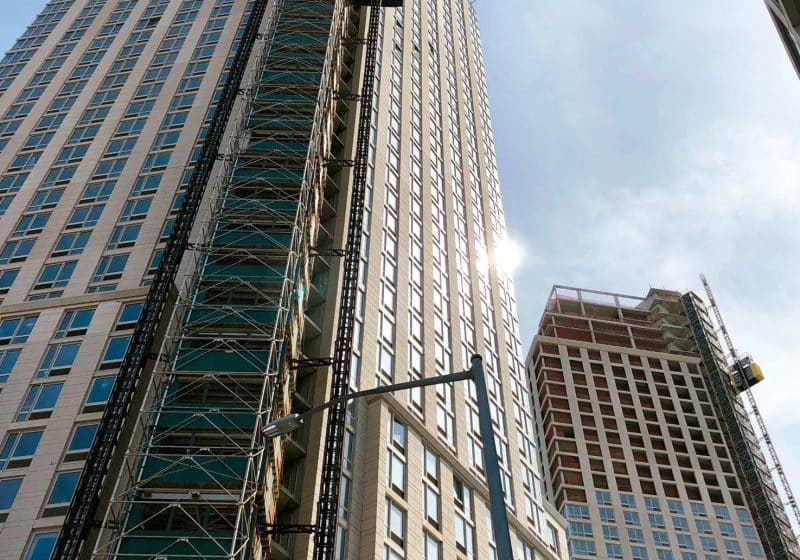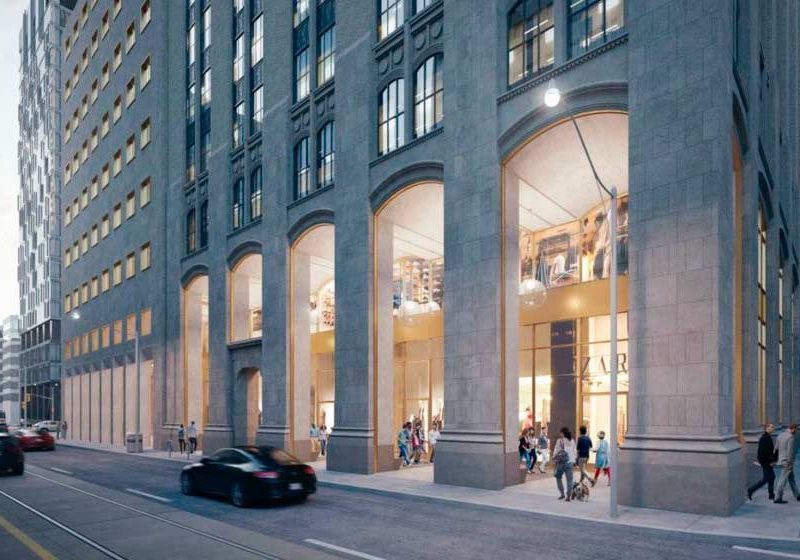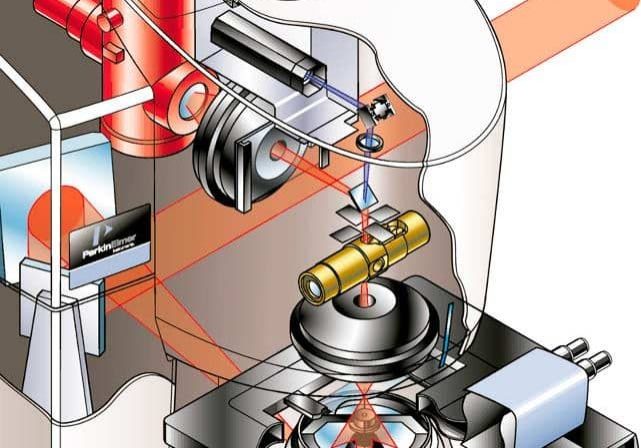Cutting-Edge, Service-Oriented
Jun 1, 2019
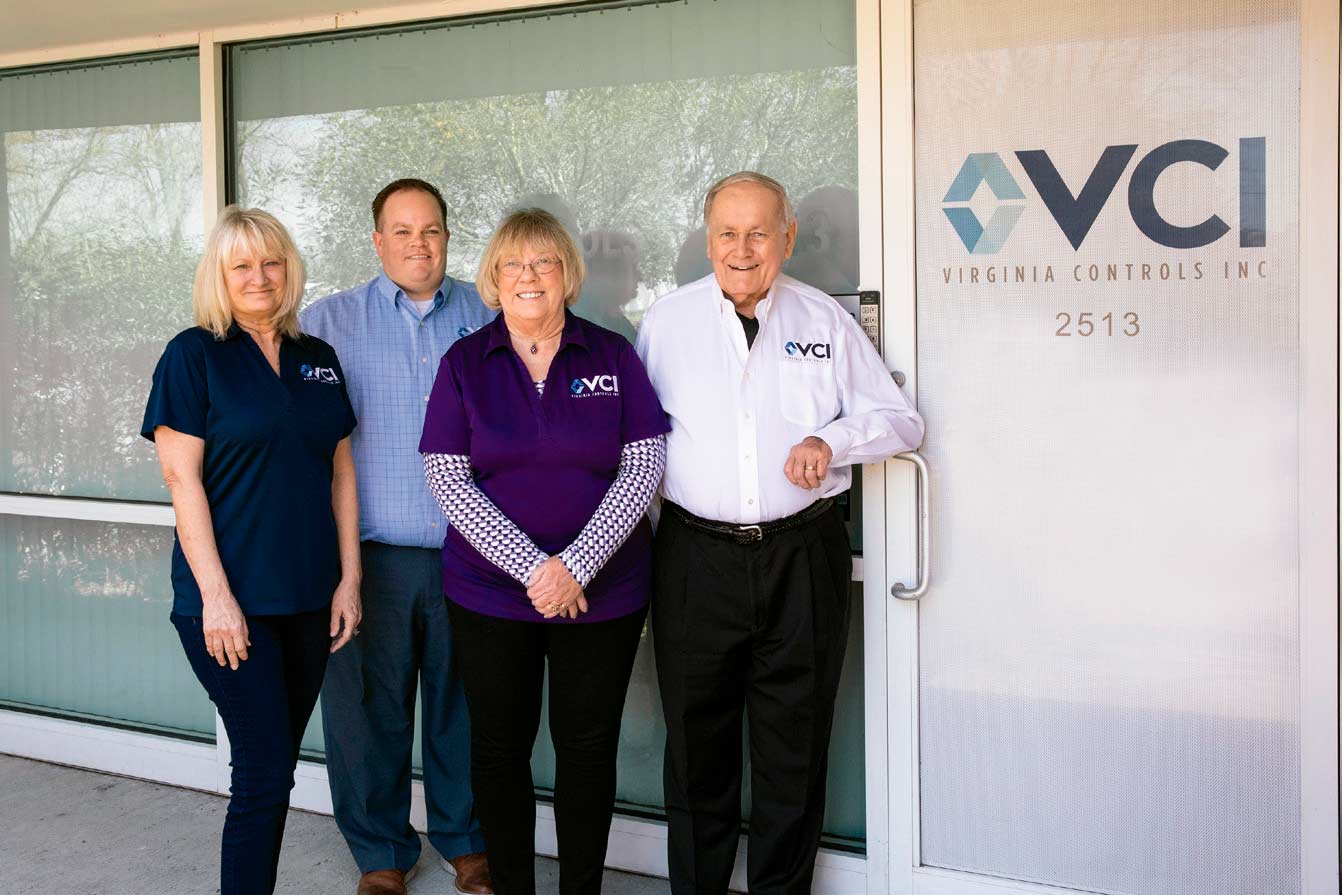
Virginia Controls has a 50-plus-year legacy of building state-of-the-art VT equipment, enhanced by a customer-first approach.
Virginia Controls, Inc. (VCI) has been building vertical-transportation (VT) controllers for more than half a century. The decades since the 1960s have seen huge changes in elevator technology, and VCI has matched these improvements stride for stride. Over the course of all these years, the company has gone through some changes, as well, but has always strived to maintain its customer-first approach.
VCI built its first controllers in 1967 in the loft of an industrial building in the Historic Shockoe Slip area of Richmond, Virginia. In more recent years, Shockoe Slip has become a gentrified neighborhood populated with upscale restaurants and shops, and VCI now occupies 15,000 sq. ft. in an industrial park in suburban Richmond. Located near Richmond International Airport and Interstates 64 and 95, transportation to and from the facility via air or ground is readily available.
The staff at VCI brings a wealth of industry experience. Several employees have a background in other parts of the elevator industry, which creates an institutional knowledge base covering the entire elevator, not just the controller. For example, the engineering department has a total of more than 200 years’ industry experience. Likewise, the sales department has an extensive VT background, giving staff the ability to quote the proper controller for the job and offer suggestions on ways to improve the performance of the elevator, while minimizing costs to the contractor. The company is expanding its sales department to improve customer service, both through electronic and face-to-face interactions. The manufacturing staff comprises skilled craftspeople and technicians who assemble, wire and test the products to make sure the hardware and software complies with the customer requirements and industry standards.
VCI supplies control products and accessories for a variety of elevator applications, ranging from two-landing hydraulic units to traction elevators covering more than 500 ft. of travel. The company recently developed a line of controls for escalators, including indoor and outdoor installations.
A recent development for VCI is the Vision 2.0 line of serially connected products, which comes packaged with other controller-related components to simplify specification and procurement, and provide ease of assembly. The company supplies and supports legacy products, as well, such as the MH3000, known for its durability and longevity, and its predecessor, the MH2000. An easy upgrade of the latter, the MH2K/3K Upgrade Kit, uses key components from the MH3000 to extend its life at minimal cost to the building owner.
The input of customers seeking improved performance of other serially connected controls — including the original Vision — led directly to the development of Vision 2.0. The Vision 2.0 package provides a single-source control system: the cartop box, selector, traveling cable and other wiring connections are included in a single package. Other features include color-coded terminal blocks matched to color-coded wires and installation drawings; a single, advanced CPU to simplify installation; and onsite remote adjustability from anywhere near the elevator using a smartphone or tablet. The obvious benefit of these features is to reduce installation time, but there is a safety element, as well: color- coding and numbering terminals minimizes wiring errors, and there is no need to climb on top of the car or into other awkward or unsafe locations to perform adjustments.
VCI also supplies programmable logic control (PLC)-based devices, which it introduced in the 1970s as the first solid-state controllers available on the independent market. Primary markets for this product line are in public transportation systems, where they are chosen by many transit authorities because of their extreme durability in a wide range of environmental conditions, connectivity with other systems used to monitor safety and environment in the system, and ease of replacement. VCI’s PLC-enabled controllers are also widely used on college and university campuses and are suitable anywhere extreme environmental conditions exist. PLC-based controllers are also used exclusively by the NYC Housing Authority for these same reasons, with VCI as a leading supplier.
VCI’s focus on customer assistance and tech support has resulted in 90% of all customer inquiries concerning controller installation and performance receiving a response within 3-4 hours of the initial contact. Furthermore, most of these calls receive immediate assistance, usually by the engineer who designed the product. In addition to phone support, VCI offers training programs for elevator engineers and installers, either at their own facility or at the classroom at the VCI headquarters. The company has programs that are in compliance with regulatory standards but can also provide job-specific training tailored to a specific application.
VCI products have been used in numerous applications and across a wide range of extreme environmental conditions. The company’s controllers have been used in coal mines and in outdoor escalators; in 500-ft.-tall buildings and in three- or four-landing underground levels in hospitals, department stores and subway stations. Among the company’s installations:
- 300 controllers installed at Los Angeles International Airport (not just in elevators, but in escalators and moving walks)
- Nearly 1,000 controllers installed in mass transit facilities (elevators and escalators) in the U.S. and Canada, including Boston; NYC; Philadelphia; Washington, D.C.; Atlanta; Pittsburgh; Cleveland; Los Angeles; and Edmonton, Canada.
- Four elevators installed in the Vehicle Assembly Building at the National Aeronautics and Space Administration’s Cape Canaveral launch facility in Florida. This building is more than 500 ft. tall, making it the tallest building in the country outside an urban area. The elevators are 8,000-lb., 700-fpm cars driven by 125-HP DC motors, and use an Allen Bradley PLC and drive combined with a serial wiring configuration taken from the Vision control system. The building is open-sided and, being near the Atlantic Ocean, is at times subjected to winds of 40-50 mph.
- Eighty controllers installed in various developments of the NYC Housing Authority, connected to Lift-Net monitoring systems. These are medium- and high-rise buildings (eight to 30 landings) driven by permanent-magnet regenerative motors. The housing authority estimates these units save more than US$1,000 per year per car in energy costs.
VCI elevator controllers have been installed in all 50 states of the U.S., as well as across Canada and in the Caribbean.
Get more of Elevator World. Sign up for our free e-newsletter.



